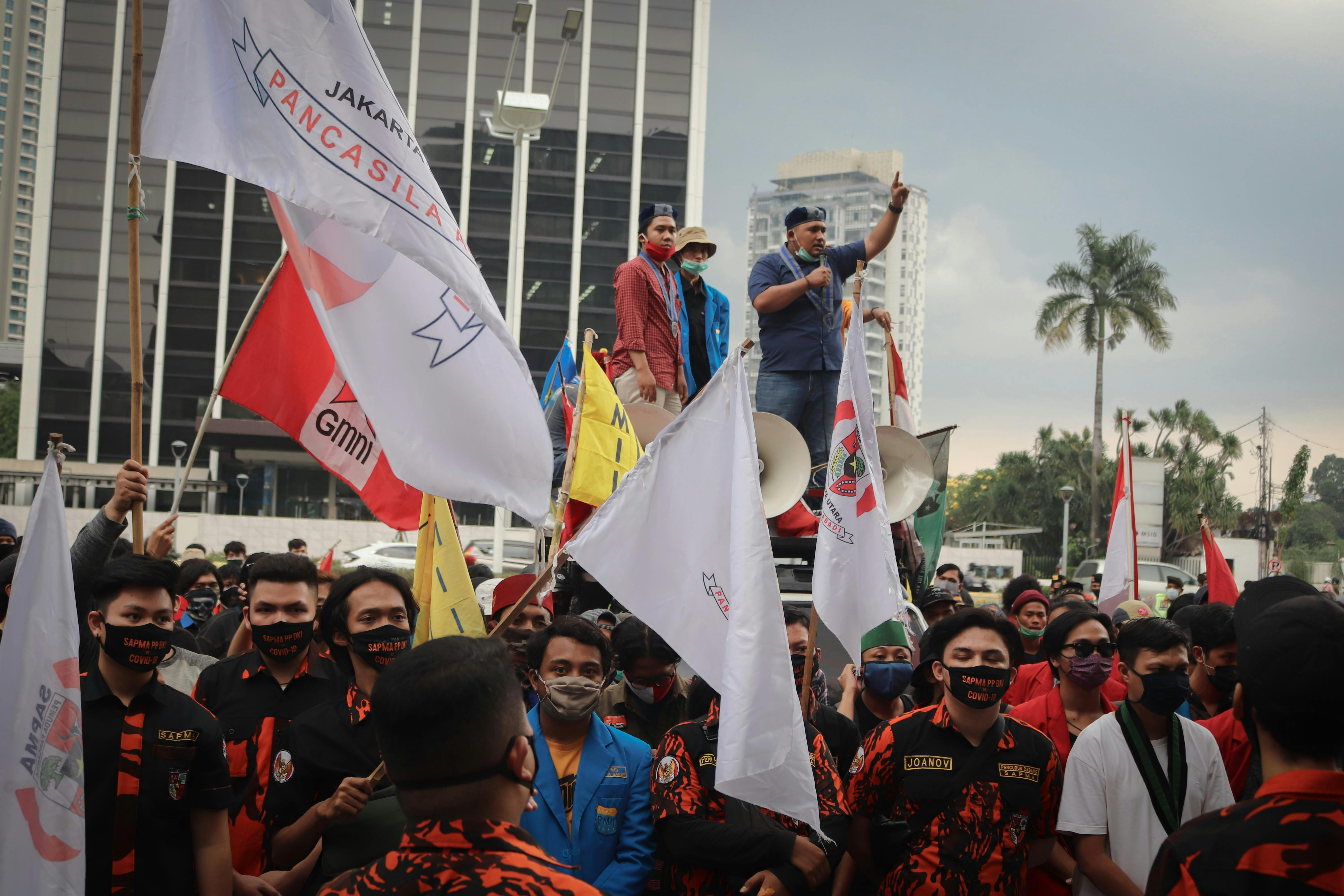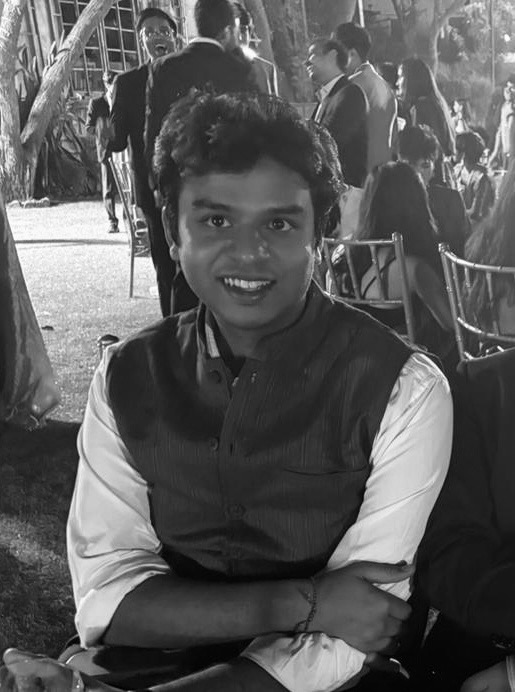Alex Borg, the Shadow Minister for the Island of Gozo, is one of the leading candidates in the upcoming contest for the leadership of Malta’s Nationalist Party (PN). At just 30, he has already overcome multiple barriers in his remarkable rise through party ranks. If elected, he vows to unite both his party and his country, while ensuring that the voices and perspectives of youth are actively represented. The Centre for Youth Policy explores Borg’s political journey, ideas, controversies, policies, and the leadership strategies he is putting forward- offering young people globally a compelling case study in modern, youth-driven political leadership.
In Malta’s fragmented and fatigue-ridden political landscape, Alex Borg’s sudden prominence offers both rupture and continuity. At 30, the Shadow Minister for the Island of Gozo is now one of the frontrunners in the race to lead Malta’s Nationalist Party (PN). His rise has been marked by strong public engagement, an emphasis on youth inclusion and a political style that feels distinct from the older guard. Whether this momentum translates into leadership remains to be seen, but Borg has already made his mark.
A lawyer by training and a political legacy by upbringing, Borg’s rise was not accidental. His father, Tony Borg, had served as a village mayor and aide to a Gozo minister. In 2020, Alex entered the party’s youth wing, and just two years later, he secured over 6,100 preference votes in the Gozo district, outshining most senior figures except the party leader.
Yet behind the sheen of charisma lies a meticulously orchestrated political machine one that is equal parts social media fluency, retail politics, and a carefully curated image of “new” leadership. It is this blend that has captured the attention of a disillusioned youth electorate.
Borg’s Leadership Style and Image
Borg’s leadership style and political vision are rooted in inclusive grassroots politics and youth empowerment. In his telling, he is less a careerist than a connector, linking regions, communities, and generations through a politics of presence. His approach is defined by non-aggressive, optimistic political messaging that focuses on national interest and public service. A hallmark of his leadership is direct engagement with the people he represents. Borg is known for staying close to his constituents, meeting them in bars, public squares, and social events.
He is also a strong advocate of political realism, promoting a nation-first vision that prioritises the interests of Maltese citizens. With the Nationalist Party facing a deepening debt crisis that has affected its performance in the polls, Borg aims to offer a charismatic, optimistic, and pragmatic alternative. His response to these challenges is a call for a generational shift and the cultivation of a winning mentality.
Overall, Borg promotes a leadership philosophy rooted in service, inclusivity, and engagement. He explicitly contrasts this with the politics of the past. At his campaign launch, he remarked that backroom pacts do not belong in the PN, emphasising instead the need to win by building genuine connections with people.
Alex Borg’s Youth Centric Policies for the Future of his Party & Malta
If Borg’s political rhetoric is intergenerational, his policy priorities are unequivocally youth-driven. His central pitch rests on the idea that Malta’s young voters must not only be seen but structurally empowered. Rejecting tokenism, he advocates for genuine decision-making roles for young people within party structures and national governance. In several interviews, Borg has committed to creating new internal positions within the Nationalist Party (PN) specifically for youth, alongside launching a biennial “Ideas Convention” that would gather public input from across Malta’s islands. He has declared, “If I’m trusted to lead, youths will not just be involved, but empowered as decision-makers,” reinforcing his belief that structural reforms are necessary to make youth voices central to the party's functioning. At his campaign launch in June 2025, he promised to overhaul PN’s internal mechanisms to ensure young people have “real deciding power,” not merely honorary titles.
Borg frequently highlights the importance of political renewal through youth engagement. He positions his own age as an advantage and not as an indicator of inexperience, that enables him to better connect with Malta’s younger electorate. He has publicly committed to increasing youth participation in his party, framing it as a broader generational shift essential to restoring trust in politics. This approach, according to Borg, reflects a modern, progressive interpretation of his party’s politics one that recognises young people not as future leaders alone, but as active participants in shaping the present. In an interview, he emphasised that the PN must become “a living party that gives space to youths,” adding that young people should be “catalysts and an essential part of current politics.” Hence, he aims to create a political vision rooted in tradition but focused on progress.
Borg also draws attention to the urgent issue of growing political disillusionment among youth, particularly those under 35. He notes that many have stopped voting entirely, disenchanted not only with political parties and leaders but with politics itself. For him, this trend reflects a deeper crisis of faith in democratic systems. Addressing this, he calls for a cultural and strategic reset in political leadership, one that listens to disaffected youth and restores credibility through action. “We can be a unifying force,” he has said, “a voice for those who’ve felt politics left them behind.”
Youth Support and Modern Strategies : Paving the way for the Politics of the Future?
Borg’s campaign has struck a chord with Malta’s younger electorate. An internal party survey leaked in June 2025 showed him leading among PN supporters, with a particularly strong grip on voters in their twenties and thirties. His emphasis on generational change, paired with a demand for structural reforms, has positioned him as a rare figure in Maltese politics: both insider and insurgent.
Borg's campaign message is a combination of street presence and online engagement. His use of TikTok and Instagram, combined with frequent appearances at youth-focused events, is a conscious effort to connect with young people where they are. At his leadership launch in June 2025, Times of Malta reported an excellent attendance of young voters, many of whom were at a party event for the first time—identifying his message of change and inclusion as significant drivers.
He has placed youth empowerment at the centre of democratic renewal. Referring to the poor voting turnout among the under-35s, Borg contends that parties need to do more than just talk about youth; they need to genuinely involve youth in the sharing of power in decision-making. By linking a youthful image with meaningful policy commitments, Borg proposes symbolic plus structural change, an approach that clearly resonates with Malta's next generation of voters.
Hence, due to his charismatic and pragmatic image coupled with his messaging and policies captivating the minds of the Maltese youth has led to Borg becoming the likely future leader of Malta’s Nationalist Party. There are many takeaways for young leaders across the world from Borg’s political strategies and campaigns.
However, there are questionable limits to his Alex Borg’s rise has also been met with criticism over some of his Christian and conservative views. He has publicly opposed parts of Malta’s IVF reforms, particularly embryo testing, drawing backlash from progressive groups. Additionally, his past praise of Donald Trump ( referring to him as a politician with “authenticity”) has raised concerns about his political influences and alignment. These positions have sparked debate about whether his youth-focused leadership is fully inclusive, though Borg maintains that his views reflect personal conviction rather than populism.
Key Takeaways for Politically Engaged youth
Alex Borg’s rise in Maltese politics offers a compelling case study in how young leaders can navigate and shape political spaces. Borg’s example demonstrates how active participation, grounded in service and authenticity, can build both personal credibility and public trust. His approach suggests that youth leadership is most impactful when it combines energy and innovation with integrity, collaboration, and a clear sense of purpose. The following lessons drawn from Borg’s journey offer guidance for politically engaged young people across contexts.
1. Community engagement as foundation
Borg began his political journey through direct grassroots campaigning, including door-to-door visits. His focus on listening to citizens demonstrates the value of relational politics in building trust and legitimacy. Engaging the community on a face to face basis is key to possess the trust of your voter base.
2. Balancing experience with renewal
He advocates intergenerational cooperation. Young leaders, he suggests, should learn from experienced colleagues while creating space for new ideas and perspectives. Inclusionary politics where the perspectives of all groups regardless of age, regionality and community is key.
3. Leadership through service
Borg promotes a leadership ethic based on humility and public service. He argues that political credibility stems from transparency, integrity, and staying close to constituents. Making the service of the people a priority pays off politically.
4. Constructive and forward-looking politics
Instead of focusing only on criticism, Borg advances a hopeful and solution-oriented message. He encourages young politicians to maintain a positive tone that inspires participation and trust. A happy and optimistic outlook is something that makes a great impression on the general public.
5. Seizing political opportunity
Borg’s career shows the importance of initiative. He proactively entered youth politics, responded to shifts in public opinion, and launched his leadership bid with a clear strategy and concrete proposals .
Alex Borg’s political ascent underscores the transformative potential of youth-driven leadership in revitalising democratic institutions. His blend of grassroots engagement, policy innovation, and intergenerational collaboration reflects a pragmatic yet aspirational model for political renewal. For young leaders globally, Borg offers a compelling blueprint for pursuing inclusive, accountable, and future-oriented public leadership.
Image Credits : Instagram(@alexborg), Wikimedia Commons
Infographic Designed By Swasti Chaudhary

.jpg)


 (15).png)
